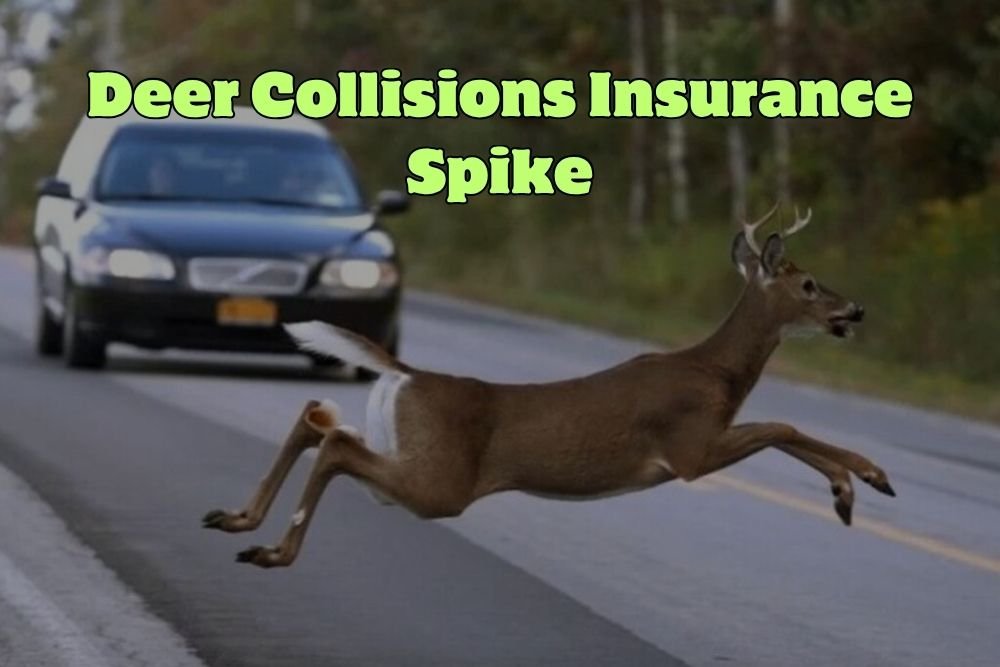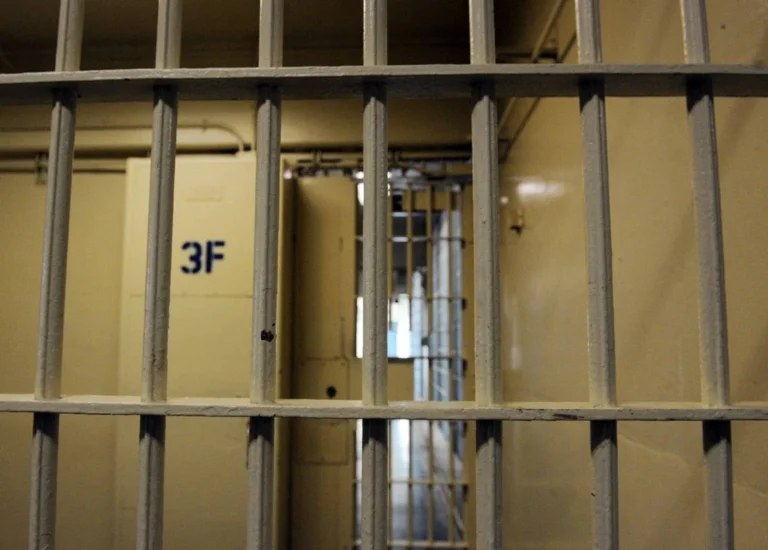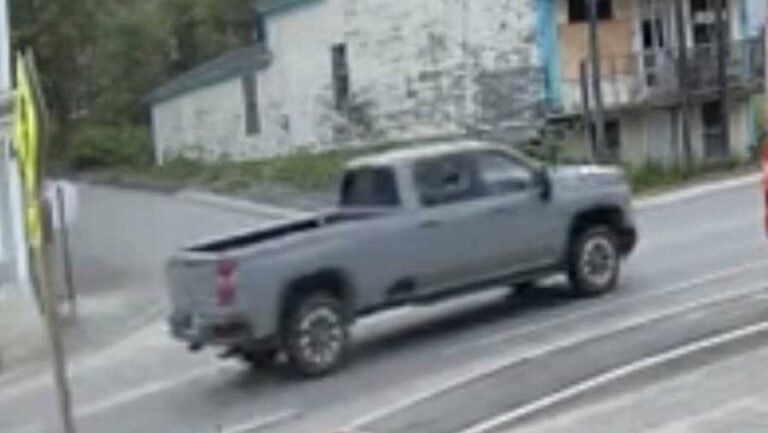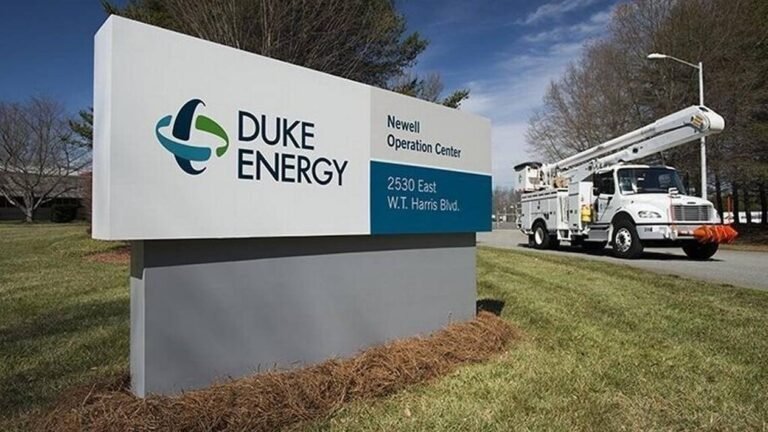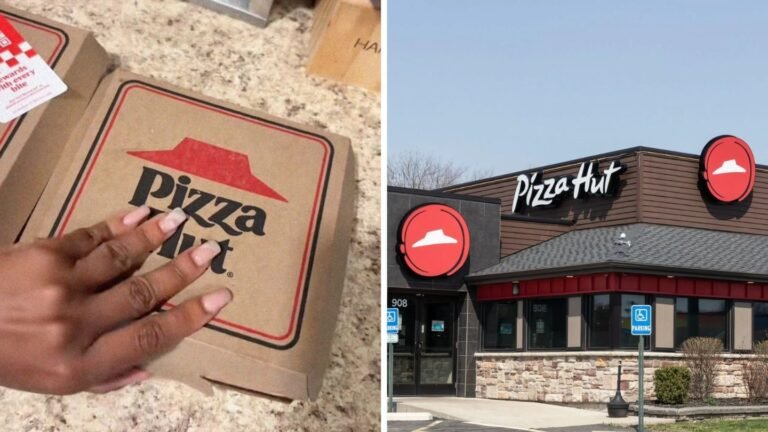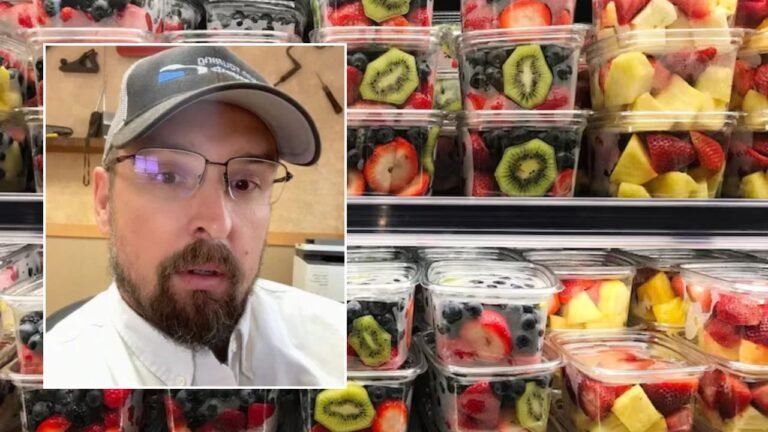Check Insurance: Deer Collisions Spike as Fall Arrives in Virginia
ROANOKE, Va. — As fall settles across Virginia, state transportation officials are warning drivers to stay alert for deer on the roadways — especially during mating season, when collisions typically surge. Data shows more than 7,400 deer-related crashes were reported last year statewide, costing drivers an average of $5,500 per claim.
Fall Sees Spike in Deer Collisions
According to the Virginia Department of Transportation (VDOT), deer are most active during October through December, coinciding with their mating season. The result is a seasonal jump in vehicle-animal crashes — sometimes tripling compared to the rest of the year.
“So we pick up more dead animals along the highways — about triple what we see other times of the year,” said Jason Bond, spokesperson for VDOT’s Salem District.
Bond added that rural areas tend to see the highest frequency of incidents. “I grew up in a rural part of the state, and I can remember averaging a deer hit every couple of years — they are prevalent.”
Safety Tips for Virginia Drivers
VDOT officials recommend several steps for motorists to reduce collision risks:
- Slow down when deer are visible — they often travel in groups.
- Watch for deer crossing signs, which mark frequent collision areas.
- Be cautious during dawn and dusk, when deer are most active.
“Drivers really should use extra caution, particularly in those autumn months during mating season when the deer are much more active and you’re much more likely to hit one,” Bond said.
Insurance Coverage and Costs
Insurance agents are also reminding drivers to check whether their policies cover deer-related crashes. Jill Hufford, owner of Jill Hufford Insurance, explained the distinction between coverage types.
“You have liability, which covers you if you hit somebody. You have comprehensive, which covers you if you hit a deer, and then collision covers you if you hit another car or object,” Hufford said.
She added that many drivers mistakenly assume deer damage is automatically covered. “When you take out your insurance policy, review it carefully and call your agent with any questions,” Hufford advised.
What to Do If You Hit a Deer
Officials outlined the proper steps to take if a deer collision occurs:
- Pull off the road safely if possible.
- Turn on hazard lights.
- Stay inside your vehicle for safety.
- Call 911 for assistance.
- Document the damage with photos and contact your insurance provider.
Transportation officials stress that taking precautions — from lowering speed to verifying insurance — can help reduce risks and costs this fall.
Have you had a deer encounter on the road this season? Share your experience and tips for safe driving at SaludaStandard-Sentinel.com.

